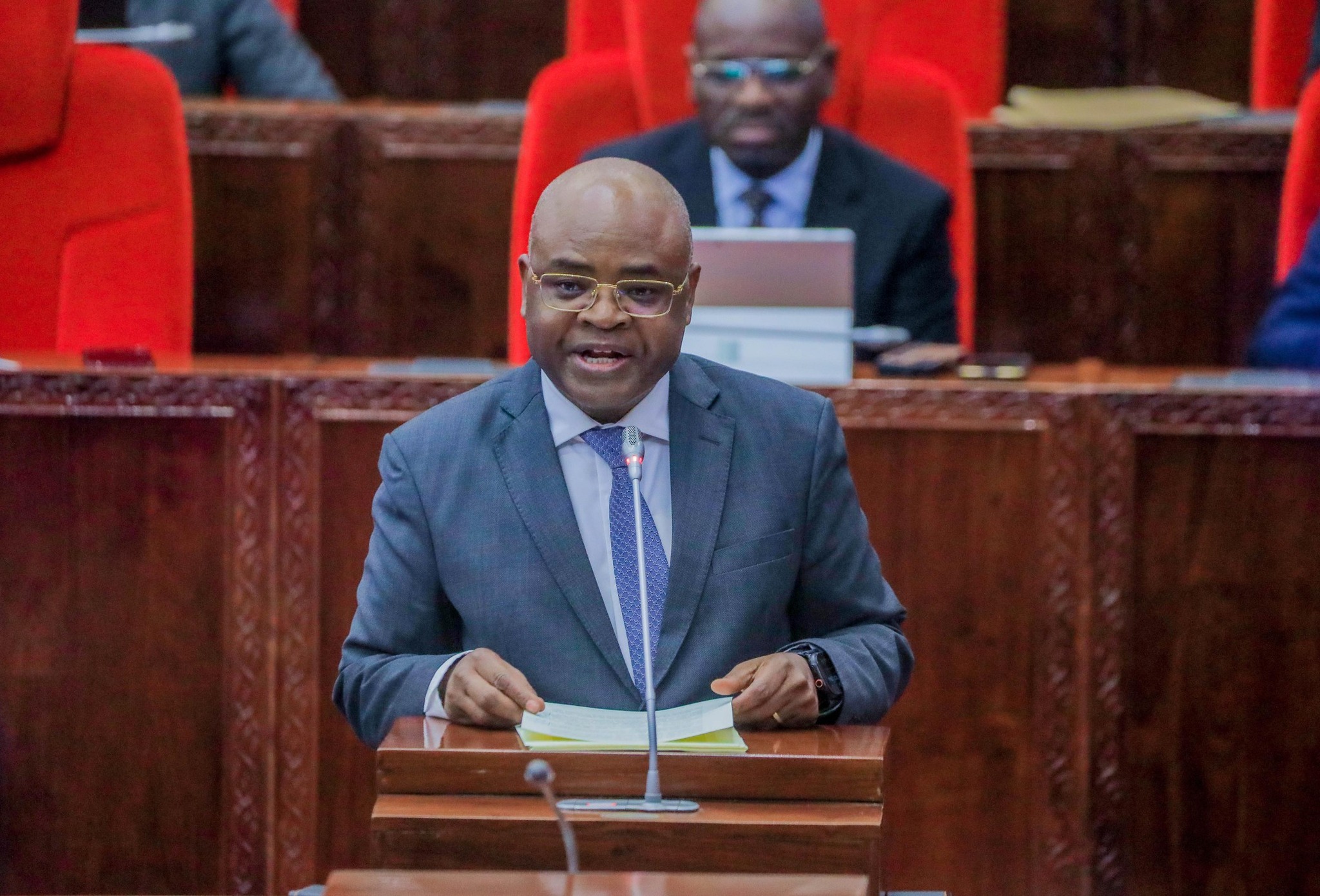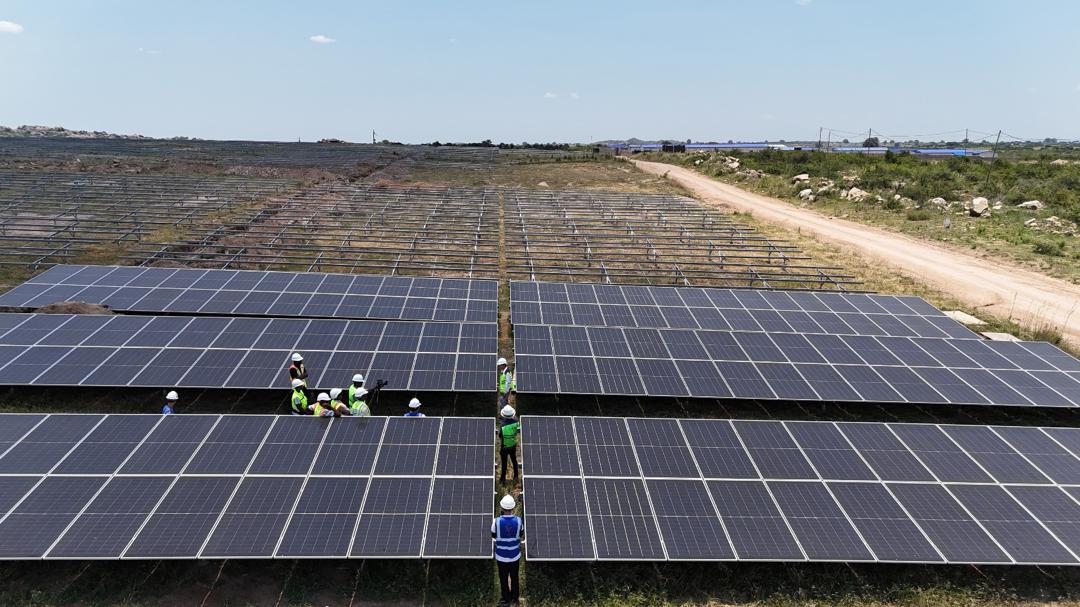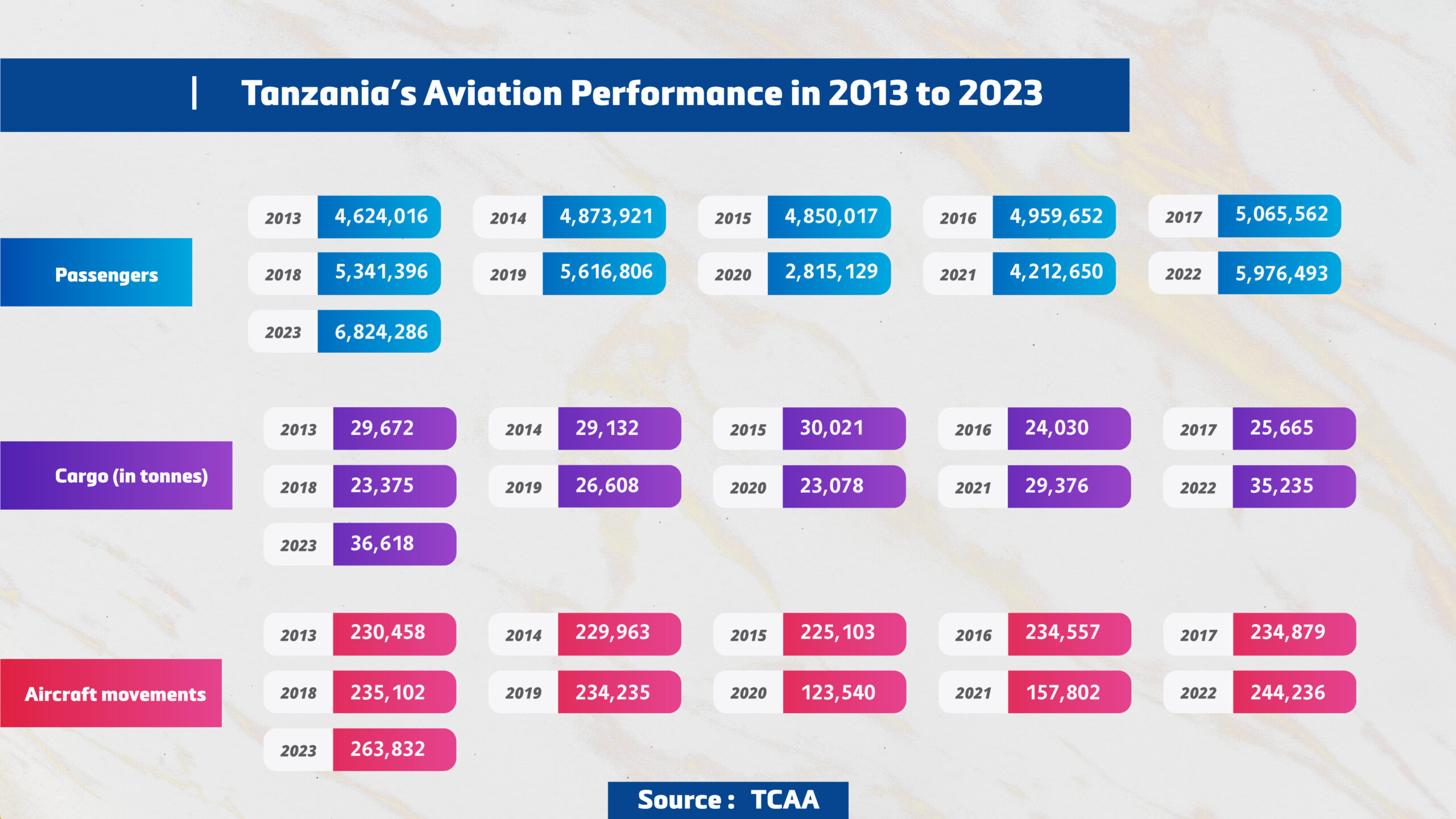Dar es Salaam. TradeMark Africa (TMA) has identified Tanzania’s Mifugo platform as a prime example of successful collaboration between the private sector and government in streamlining trade.
This digital system, developed in partnership with the Tanzanian government, has revolutionized the livestock and fish trade by reducing the time required to obtain regulatory permits from two weeks to just one hour.
In a statement released by TMA, the Mifugo platform was highlighted as one of several trade facilitation initiatives for the 2023/2024 period.
These initiatives demonstrate how targeted investments in digital solutions, infrastructure, and partnerships are eliminating bottlenecks and driving economic growth.
Across Africa, improved infrastructure is complementing these digital advancements, accelerating the movement of goods and alleviating congestion at key trade corridors.
For example, the completion of the Mbaraki-Nyerere Road in Mombasa has reduced truck turnaround times at the Port of Mombasa from 26 hours to just 15 hours, according to TMA’s Endline Survey Report (November 2023).
Similarly, upgrades at ports along Lakes Tanganyika and Kivu have eased congestion, facilitating more efficient goods movement.
TMA board Hailemariam Desalegn Boshe noted that these trade facilitation efforts align with TMA’s Strategy 3 (2023-2030), which emphasizes building resilience and sustainability within Africa’s trade networks.
“An integrated African market will attract investment and drive economic expansion,” stated Mr Boshe.
The TMA’s council chairman, Mr Leo Svahnback, underscored the importance of partnerships in delivering effective trade solutions.
“TMA’s impact lies in its ability to connect the right actors at national, regional, and continental levels to implement effective trade policies,” he said.
Looking ahead, TMA’s chief executive officer David Beer, outlined the organization’s priorities, which include scaling up digital trade, reinforcing trade corridors, and embedding sustainability into trade policies.
“Unlocking Africa’s full trade potential requires collaboration, innovation, and decisive action at every trade and transport corridor,” Mr Beer remarked.
Beyond logistics, trade facilitation is opening economic opportunities for businesses, particularly women-led enterprises.
In Rwanda, five women-led businesses under the VIBE (Value-Added Initiative to Boost Employment) program secured export deals worth $600,000.
Additionally, iSOKO, an e-commerce platform designed for small-scale traders, has registered over 78,000 users, with 90 percent being women.
TMA’s influence is also expanding globally.
The organization recently signed a Memorandum of Understanding (MoU) with ECOWAS, marking its entry into West Africa.
Meanwhile, Finland and the Netherlands have committed over $75 million to support sustainable trade initiatives, reinforcing international cooperation.
As Tanzania and the wider region continue to modernize trade systems, TMA remains focused on dismantling trade barriers, expanding intra-African trade, and strengthening Africa’s position in global markets.







